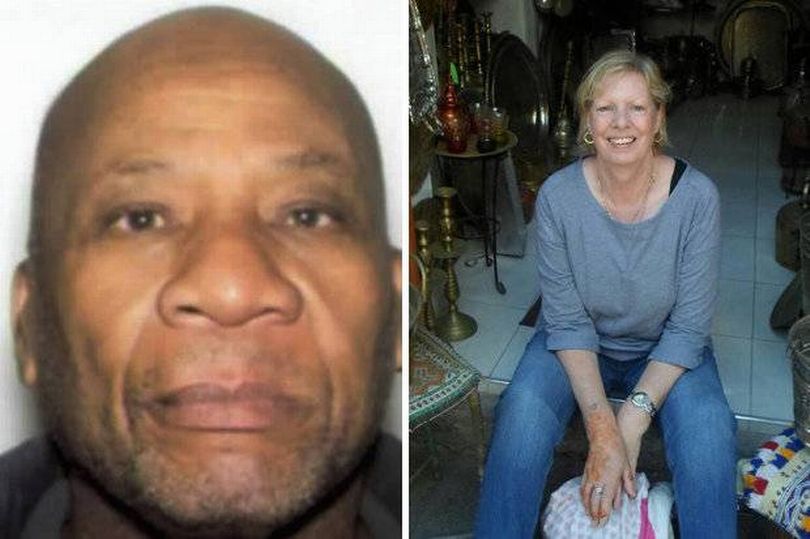The Shocking Murder of Judith Nibbs
A crane operator has been found guilty of the brutal murder of his wife, a crime that left their friends and family in disbelief. Dempsey Nibbs, who was 69 at the time of sentencing, received a 20-year prison term for the heinous act of beheading his wife, Judith Nibbs, after she confessed to having extramarital affairs.
The case took place in London, where Nibbs was convicted of murdering Judith, a 60-year-old volunteer for Meals On Wheels. Despite claiming self-defense, the Old Bailey jury found him guilty of murder based on compelling evidence of the violent killing.
A Life Shattered
During the trial, Nibbs’ defense barrister, Ian Henderson QC, admitted that Nibbs, who was battling prostate cancer, expected to spend the rest of his life in prison. This admission highlighted the grim reality of the situation, as Nibbs faced a life sentence with a minimum term of 21 years, as reported by the Mirror.
The Recorder of London, Nicholas Hilliard QC, addressed Nibbs during sentencing, stating, “I’m sure you don’t regret your wife’s death save for its effect on your own comfort and well-being.” This harsh statement underscored the severity of the crime and the lack of remorse expressed by the defendant.
The Night of the Crime
On April 10, 2014, in their Hoxton home in East London, Nibbs committed a horrifying act against his wife. After knocking her unconscious with an iron bar, he beheaded Judith, crushed her skull with a hammer, and disposed of the remains by flushing them down the toilet.
Following the gruesome murder, Nibbs wrote a note to his 30-year-old son, Kirk, and called emergency services, informing them that two bodies would be found at the property. A police officer peered through the letterbox and saw Judith’s decapitated body, prompting forced entry into the house. There, the officer seized a shotgun and knife from Nibbs as he attempted self-harm in the toilet.
The Motive and the Aftermath
Nibbs later claimed he killed his wife because he thought she was a “snake,” although there were no signs of mental illness. The couple’s relationship had deteriorated by spring 2014, with Nibbs suspecting his wife of multiple affairs. Evidence presented to the Old Bailey by Prosecutor Crispin Aylett QC revealed that during an intense argument on April 7, Judith confessed to her husband that she had been unfaithful.
The next day, the mother of five eerily predicted her own demise, telling colleagues, “If I’m not in Friday, I might be dead” as she left work. This chilling statement added to the tragic nature of the case.
Family’s Response
Judith’s sister, Frances, delivered a heartfelt eulogy for her sister, describing her as a “very kind and caring person” in a family statement. She expressed, “Whatever problems there were in her relationship, Judith did not deserve to die in such a callous and brutal way.”
The family was left “shocked and devastated” by the murder, with Judith’s son Kirk being deeply affected by the events. He was unable to provide a victim impact statement, highlighting the emotional toll the crime had taken on the family.
This case serves as a stark reminder of the devastating consequences of betrayal and the tragic outcomes that can arise from deep-seated anger and despair.







